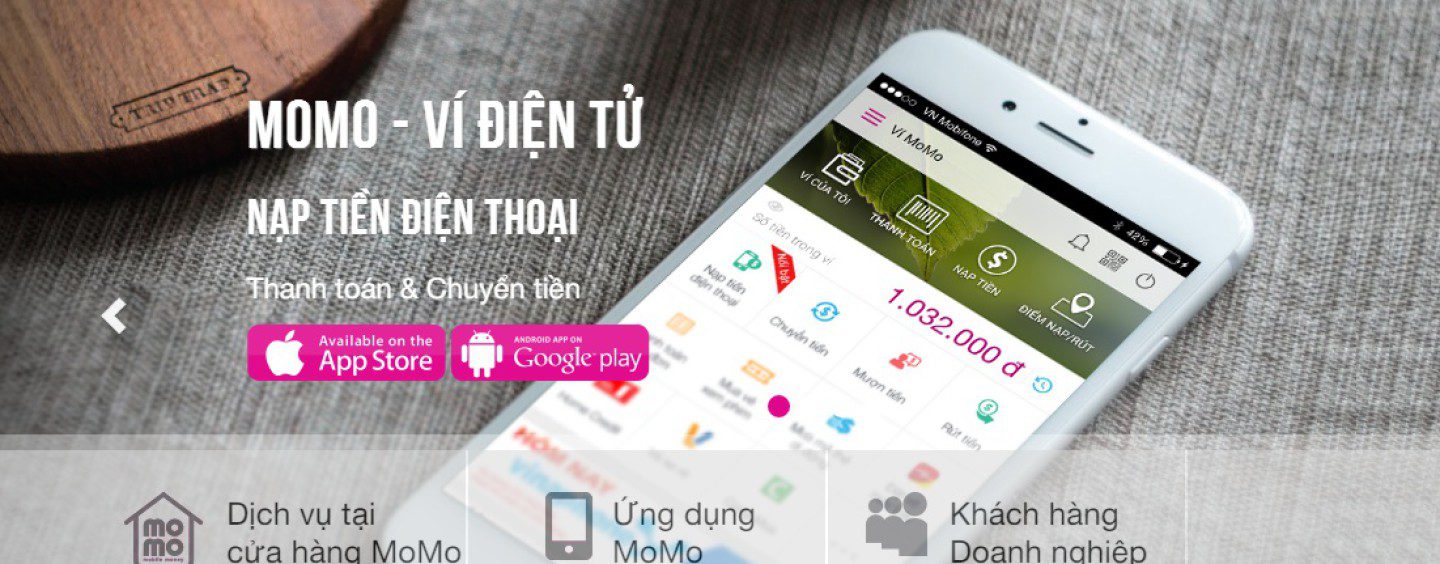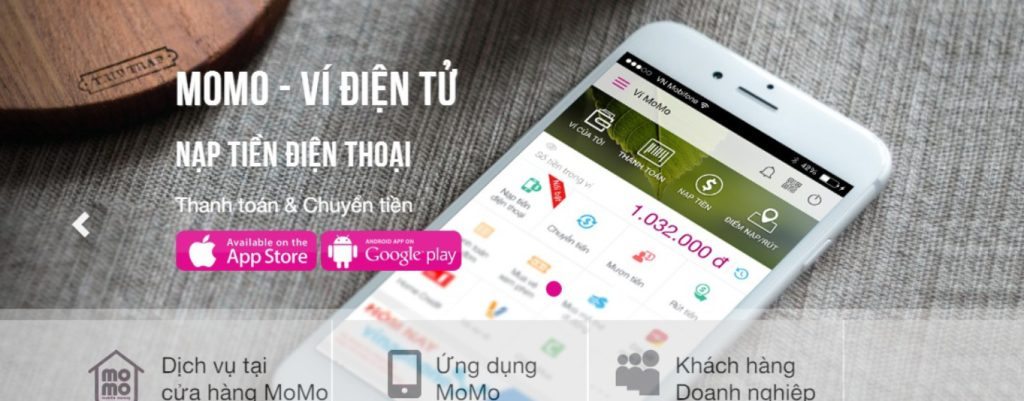
Vietnam Banks Dominate ASEAN Top 100 – But The Future’s in Your Pocket
by Asean Today September 19, 2016Vietnamese lenders make up a fifth of the top 100 ASEAN banks in 2016 says The Banker, a leading financial industry publication.
It is an interesting situation. Vietnam’s banks actually have 19 representatives on the top 100 list this year, growing their assets by the second highest amount in the region – an impressive 15.66%. However, the same report also underlines that only 30.86% of the population aged 15 or over have a bank account. That leaves 60 million people without access to banking services. Or at least, access to traditional banking services.
The millennial boom
Although historically a cash economy, Vietnam is quickly developing a reputation for its financial technology (or fintech). “One year ago nobody here knew what it was,” explains Chris König, a Swiss financial technology expert based in Ho Chi Minh City. “Now, we recently had our second fintech Meetup in Saigon, and 100 people wanted to attend.”
According to König, around half of all Vietnamese fintech startups are looking to mobile payments. And that’s due to a perfect storm in the Vietnamese demographic.
“Vietnam has many digital natives,” he explains, “Most Vietnamese are between 15 and 35 years old and there’s a very high mobile penetration. Around 40 million Vietnamese now have access to the internet – that’s about 44% of the population.”
Bearing in mind that only 30% of people have bank accounts, you will start to see the potential for digital services. Yes, in Vietnam, there are more smartphones than banking customers.
A bull market
So what does Vietnam’s fintech market look like?
In a word, crowded. You can pay a bill, withdraw cash or shop online with any one of the 1Pay, Payoo, VN Pay or many other mobile applications available. Among these is Timo, the country’s first digital bank. Timo provides users with all the typical products provided by traditional services, such as checking and saving accounts, all manageable via a user-friendly mobile app.
Another hot property to watch is the startup M_Service, from the company behind the country’s mobile e-wallet MoMo. It recently announced it has raised $28 million from Standard Chartered Private Equity (SCPE) and global investment bank Goldman Sachs. “A lot of venture capitalists and investors are now eyeing fintech in Vietnam,” explains König.

So what is it that makes Vietnam so suitable for this type of development? The banking sector is quite traditional, usually relying on face-to-face interactions and paperwork – a process that just doesn’t suit the country’s largely rural citizens, used to dealing in cash, and comfortable with using informal channels to move money between friends and family.
At the core of the issue is low consumer confidence in online payments and limited card penetration, though this attitude is changing. According to global management consulting firm McKinsey’s 2015 report on digital banking in ASEAN, they found on average that the “proportion of people using digital banking through personal computers or smartphones doubled from 2011 to 2014, with Indonesia and Vietnam showing about sevenfold growth.”
Bridging the payment gap
Vietnam’s vital remittance market, last year worth over $12.3 billion, could well be disrupted by these emerging technologies. The US to Vietnam is one of the top three remittance bridges in Southeast Asia, and if fintech applications were able to cut money transfer fees, then there would be benefits for GDP growth.
According to McKinsey, “In most instances, incumbents appear poised to capture the bigger portion of these opportunities as consumer relationships in the financial sector in ASEAN countries consolidate. Nevertheless, innovative offerings and a growing sophistication among consumers could leave room for attackers.”
But what might these “attackers” look like? According to Chris König, “In general the Vietnamese market is very tricky and you need to understand the culture. Also the power of collaboration is not yet really well known here and it’s all about trust. Most people don’t trust banks and online banking which might give room for a big player, such as Facebook.”
In fact, those in the know say it would be no surprise to see Facebook, or some of its big social friends, attempt to enter this market. According to industry whispers published in Forbes just this week, the currently dormant code in Facebook’s Messenger app may soon allow you to pay for goods “in person” or “pay directly in Messenger when you pick up the item”, without the need for cash.
To the victor, the spoils
A final thought from McKinsey. Despite a dynamic market, the regulatory environment in ASEAN will continue to compel face-to-face meetings. These measures, put in place to “know your customer” and to prevent money-laundering, mean it could be a while before truly pure digital offerings are widely available to all.
In the meantime, players both old and new have an opportunity to reach out to those without any banking relationship as they seek to scrabble to the top of this new financial order. Those that can cater to the needs of affluent digital natives can seize a significant share of this growing, and lucrative, market.
However, in the fight for the cream of the crowded Vietnamese market, they’ll need to survive first.
This article first appeared on Asean Today






